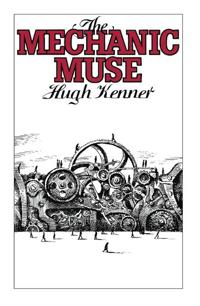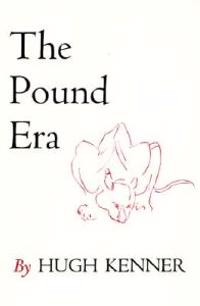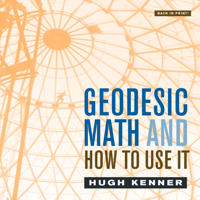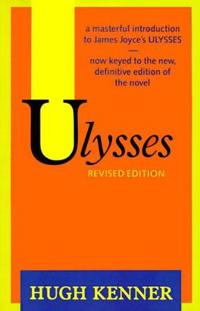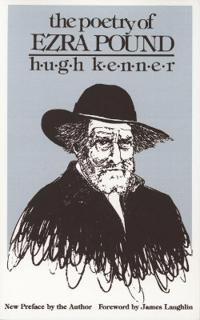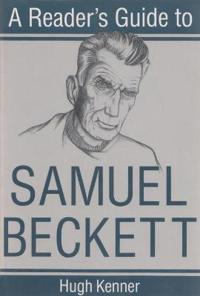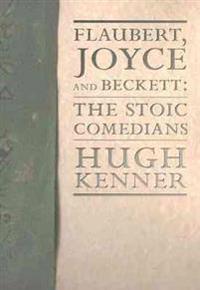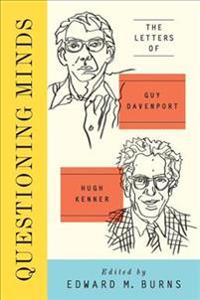The Mechanic Muse (Häftad)
avHugh Kenner
ISBN: 9780195054231 - UTGIVEN: 1988-07With his customary wit and erudition, one of America's most celebrated and distinguished critics examines the response of literary Modernism to environmental changes caused by technology. Focusing on Eliot, Pound, Joyce, and Beckett, Hugh Kenner explores how inventions as various as the linotype, th[...]
The Pound Era (Häftad)
avHugh Kenner
ISBN: 9780520024274 - UTGIVEN: 197309"Hugh Kenner's "The Pound Era" could as well be known as the Kenner era, for there is no critic who has more firmly established his claim to valuable literary property than has Kenner to the first three decades of the 20th century in England. Author of pervious studies of Joyce, T.S. Eliot, Wyndham [...]
Geodesic Math and How to Use it (Häftad)
avHugh Kenner
ISBN: 9780520239319 - UTGIVEN: 200310It was 1976--twenty-five years after R. Buckminster Fuller introduced geodesic domes when literary critic Hugh Kenner published this fully-illustrated practical manual for their construction. Now, some twenty-five years later, Geodesic Math and How to Use It again presents a systematic method of des[...]
Ulysses (Häftad)
avHugh Kenner
ISBN: 9780801833847 - UTGIVEN: 198703With characteristic flair, Kenner explores the ways Joyce teaches us to read his novel as Joyce taught himself to write it: moving from the simple to the complex, from the familiar to the strange and new, from the norms of the nineteenth-century novel to the open forms of modernism.[...]
The Poetry of Ezra Pound (Pocket)
avHugh Kenner
ISBN: 9780803277564 - UTGIVEN: 1985-12This pioneering study did much to rehabilitate Ezra Pound's reputation after a long period of critical hostility and neglect. Published in 1951, it was the first comprehensive examination of the Cantos and other major works that would strongly influence the course of contemporary poetry.[...]
A Reader's Guide to Samuel Beckett (Häftad)
avHugh Kenner
ISBN: 9780815603863 - UTGIVEN: 1996-06Samuel Beckett, who wrote everything in both French and English, specialised in short enigmatic texts, implying vast visionary works of which the stories are broken pieces. Kenner's guide is designed to help readers see beyond the story in Beckett to the text as a whole and to appreciate the uniquen[...]
Flaubert, Joyce and Beckett (Häftad)
avHugh Kenner
ISBN: 9781564783806 - UTGIVEN: 2005-02AN ENLIGHTENING STUDY OF THREE LEGENDARY WRITERS Have literary institutions such as introductions, prefaces and footnotes killed the book? The "book as book" has been removed from the oral tradition by such features as prefaces, footnotes, and indexes. Books have become voiceless in some sense - the[...]
Questioning Minds: The Letters of Guy Davenport and Hugh Kenner
ISBN: 9781619021815 - UTGIVEN: 2018-10Hugh Kenner (1923-2003) and Guy Davenport (1927-2005) first met in September 1953 when each gave a paper on Ezra Pound at Columbia University. They met again in the fall of 1957, and their correspondence begins with Kenner's letter of March 7, 1958. In the next forty-four years, they exchanged over [...]

